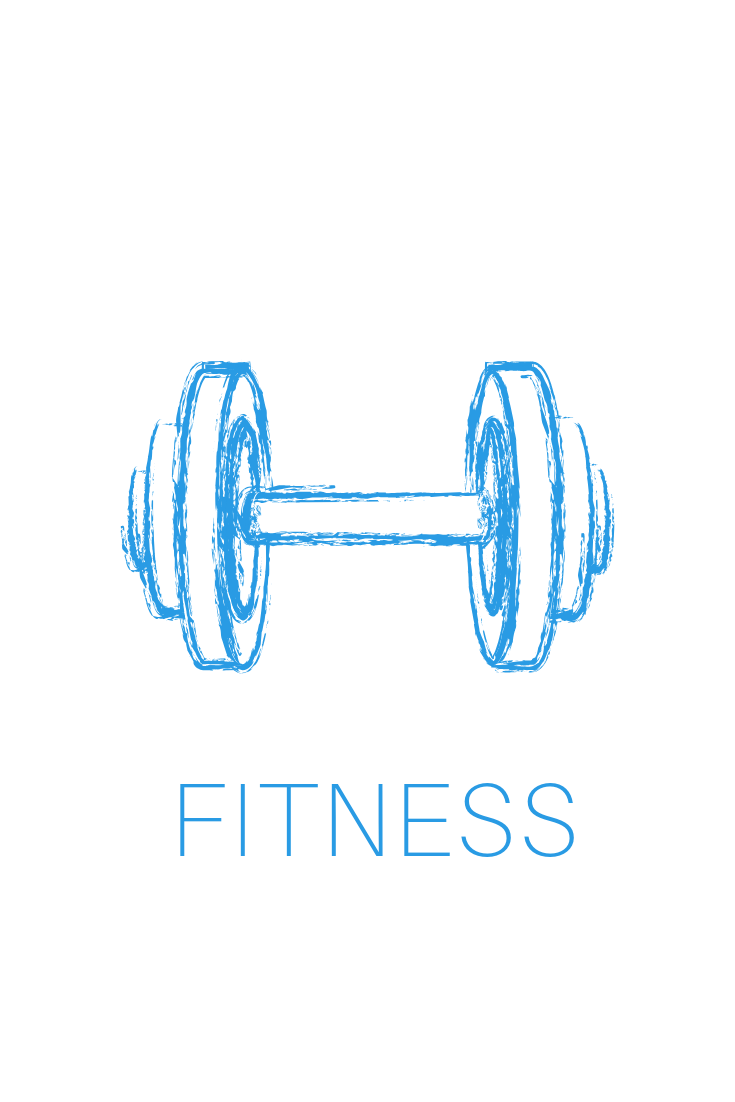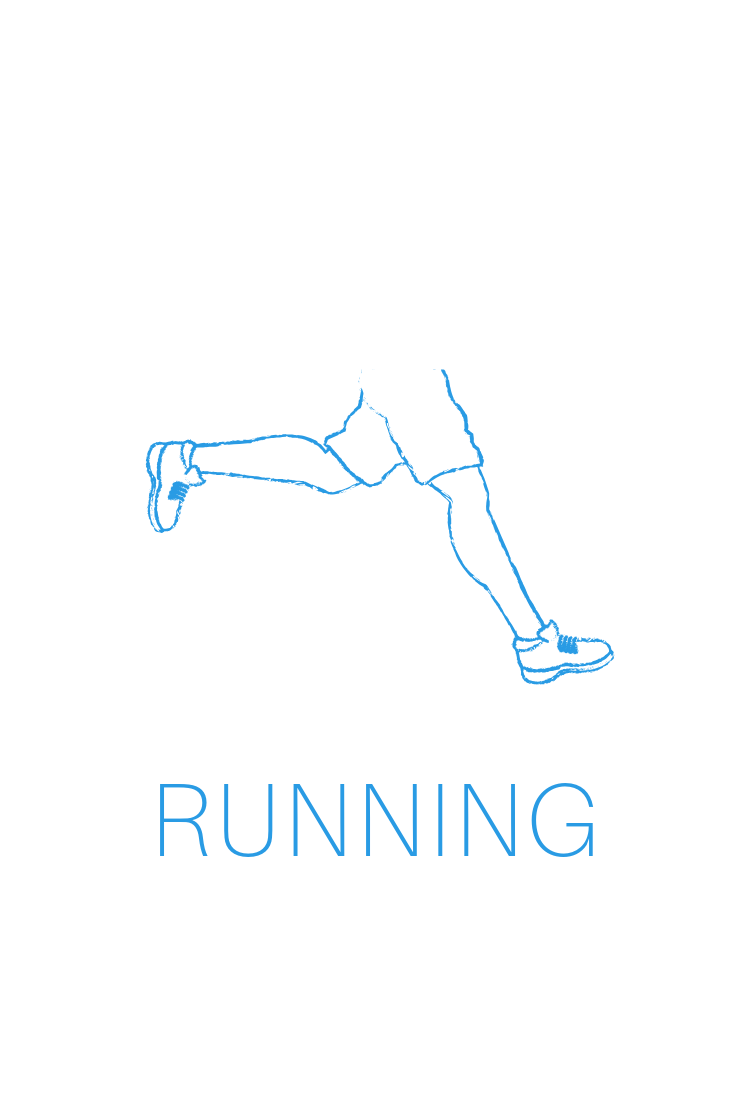Social Media Does Not Know Health
There has never been a time when we have had all the information in the world at our fingertips. And there has never been a time when we have had to be as careful about what information we accept to be true.
Twenty years ago, most of our health and fitness information was fed to us through our fitness instructors at the gym, on television or in magazine articles. And yes, there were plenty of articles in magazines written by fitness specialists that contained incorrect information. However, in order to be given a segment on a morning show or the opportunity to write an article for a magazine, you would need to show you had some background in health and fitness and therefore some form of training and education in this area.
With the advent of social media, everyone has now become a professional, particularly so in the area of health and fitness. Strangely, we don’t take plumbing advice from someone who has a toilet that works, or allow someone with a nice haircut to cut our hair. However, it seems that health and fitness has become the domain of any Tom, Dick or Harriet who has an athletic body.
We live in an era where people can earn a living by taking photos of themselves looking fit and then tell us what they do in order to look the way they do. Whether or not these people actually live healthy lifestyles, or have any form of training in health and fitness, seems to be completely irrelevant.
A study by researchers at the University of Glasgow found that just one out of nine leading UK bloggers making weight management claims actually provided accurate and trustworthy information. Not only is much of the information inaccurate, it can also be incredibly dangerous and damaging to our health. Now more than ever, there is a need for us to be wise and thoughtful in our consumption of health and nutrition articles. Here are some things to consider:
People get paid to advertise products. It is so important to keep this in your mind when scrolling through social media - there is a strong possibility that they have never actually used the item they are plugging.
What you see is NOT what you get. You would be amazed at what a little change of angle and clever use of lighting and shadows can do to the appearance of a person’s body in a photo.
All bodies are different. Even if we eat exactly the same food and do exactly the same exercise as another person, we will still look very different to them. A trained fitness professional will be able to help you know and understand your body and how best to care for it in a safe manner.
We all respond differently to food and exercise. Even if someone has tried an activity or particular way of eating that worked for them, it may not necessarily work for you.
Social media health and fitness “gurus” are not bound by any regulations. They can tell you anything they like without taking any responsibility if something goes awry when you follow their advice. On the other hand, those of us who are qualified personal trainers, coaches and gym instructors are required to regularly update our training in order to keep our qualifications and insurance valid. We are required to have current first aid certificates and be registered with a regulatory body. This means that (most) professionals who work in the health and fitness industry are continually learning and updating their knowledge base. This is not the case for many of those spruiking their own concoction of health and fitness advice on social media.
Social media can offer some good ideas in the areas of health and fitness, and some posts can even be encouraging and inspirational. Just be wary of who you are following and where they are sourcing their information. If something sounds too good to be true, it probably is. The simple truths of health and fitness will never change:
Eat real food. Exercise daily. Sleep well. Do something you love every day.
by Angie Black
ANGIE BLACK
BLOG CATERGORIES:







